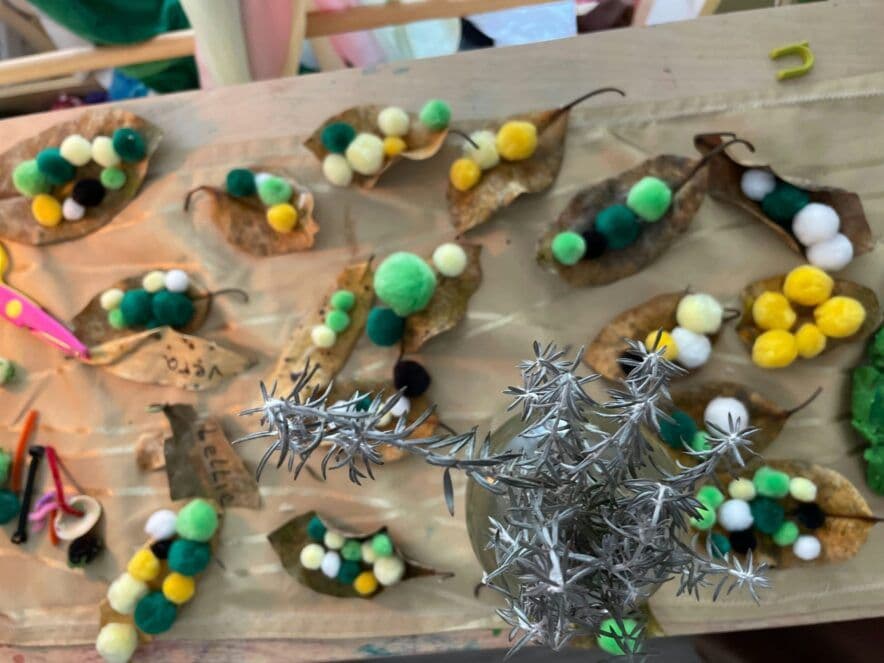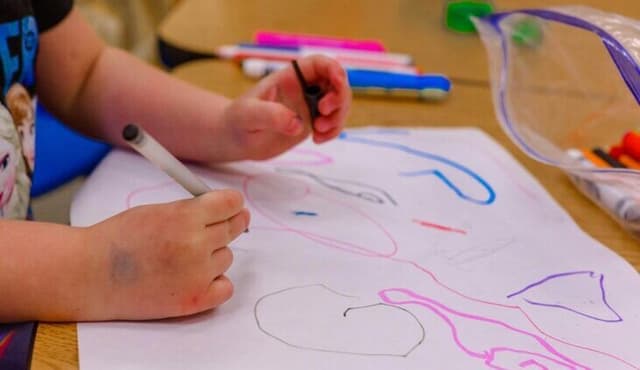General News
NSW Health warns about cryptosporidiosis increase, calling for greater care

Freya Lucas
Feb 16, 2024
Save
NSW Health has issued a call for parents and those working with young children to be vigilant about the presence of cryptosporidiosis in the community.
Cryptosporidiosis is a diarrhoeal disease caused by the parasite, Cryptosporidium, which infects the intestine and is a common cause of acute diarrhoea in young children. Other symptoms can include nausea, vomiting, fever, headache, and loss of appetite.There has been a steep increase in cryptosporidiosis cases across NSW, leading to the advice and a call for those impacted not to swim for at least two weeks after they've had diarrhoea.
498 cases of the illness have been reported in NSW to date in 2024, compared to the five year average of just 95 cases at this point in the calendar.
Dr McAnulty said with almost half of the cases in children under ten years of age, parents and others caring for young children especially needed to be aware of the risks and precautions.
“Cryptosporidiosis is commonly acquired by swimming in and swallowing water contaminated with cryptosporidium parasites," Dr McAnulty said.
“The parasite survives for many days, even in chlorinated pools, and in the past very large outbreaks have been caused by people who had recently been infected going swimming.”
“Almost half of the cases reported this year had been swimming during their exposure period, and with such a high proportion of young children affected and with many schools about to hold swimming carnivals, we're urging parents to stay alert for symptoms," he added.
People who have had diarrhoea should:
- avoid swimming for at least two weeks after your symptoms resolve
- avoid sharing towels for at least two weeks after your symptoms resolve
- avoid handling food for at least 48 hours after your symptoms resolve
- children who have diarrhoea should be kept home from preschool, childcare or playgroup until 24 hours after the diarrhoea has completely stopped.
To avoid catching cryptosporidiosis:
- avoid swimming in estuaries and inland waterways (e.g. rivers, creeks, dams) during and for at least three days after heavy rain
- avoid swimming at ocean beaches during and for at least one day after heavy rain
- avoid swallowing water when swimming
- wash your hands thoroughly with soap and water for 20 seconds after using the toilet, handling animals or their manure, changing nappies, working in the garden and before preparing food or drinks
- do not drink untreated water (for example, from lakes or streams). Boiling water by bringing it to a rolling boil is sufficient to kill Cryptosporidium.
The increase in cases has also been experienced in Queensland, with further information available at Queensland Health. More information on cryptosporidiosis is available on the NSW Health website.
Don’t miss a thing
Related Articles



















